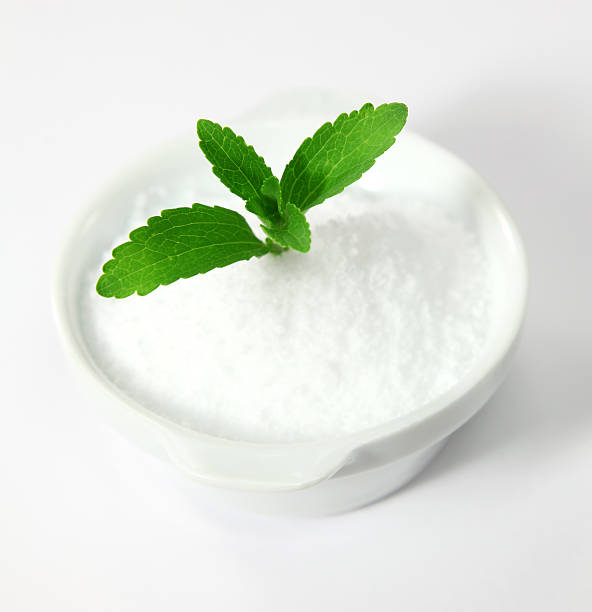Stevia is a plant which is commonly used as a sweetener. It is a naturally occurring sweetener which is found in many different parts of the world. Some of the most common uses for stevia include treating endocrine disorders, preventing weight gain and improving the taste of teas and coffee.
Sweetening coffee and tea
Stevia is a plant extract that is sweeter than sugar and not calorie-loaded. It has been used for centuries to sweeten teas and coffees. The leaves of this bushy shrub are purified and dried, and then distilled to obtain reb-A, a chemical with supersweet properties.
While stevia is not a perfect substitute for sugar, it is one of the healthiest options for sweetening coffee and tea. There are a number of different brands to choose from, each with its own flavor profile and strengths. Whether you want a smooth taste or a spicy kick, there’s a brand for you.
Another option is molasses. Molasses is a by-product of sugar production, which contains dietary minerals and valuable B vitamins. Some studies have shown that it may have antioxidant properties.
Honey is also a popular choice for sweetening coffee and tea. Honey has been used in alternative medicine for thousands of years. In addition to its sweet taste, honey contains antibacterial and antioxidant properties.
Allergic reactions
If you are looking for a natural, calorie free sweetener, then you may have wondered whether stevia can cause allergic reactions. While it is not a common health hazard, there have been reports of people experiencing an allergic reaction after using a stevia-based product.
Stevia is a sugar alternative that is available as a powder or as an extract. It can be used in cooking, baking, and beverages. Some brands also contain natural flavors.
Many studies have shown that stevia can benefit your overall health, especially in controlling blood pressure. It also improves bone health and prevents cancer. In addition, it can help you control diabetes.
Stevia is a plant that is native to South and North America. The stevia family includes 150 species. Although it is not high in histamine, some people who are allergic to certain plants have reported an allergic reaction to stevia.
However, these reports have been very rare. People who have a sensitivity to stevia might experience an oral allergic reaction, including hives, itching, and swelling of the mouth. They might also experience breathing problems, bloating, and abdominal cramps.
Bitter aftertaste
Stevia is a natural sweetener that has recently gained popularity. However, stevia leaves have a bitter aftertaste that has impeded its use. Food manufacturers have faced this challenge and have been working to develop products with a sweetener that does not have a bitter aftertaste.
One method used to mask the bitter aftertaste of stevia extract is to add a natural ingredient solution, such as maltol. The amount of maltol required for the effect to occur is relatively small.
Another method involves using an herb or medicinal compound to block the bitter aftertaste. Several herbs and compounds have been found to be effective in this respect. Compared with the first method, the second technique is more effective.
A variety of steviol glycosides are present in stevia leaves. These include stevioside, rebaudioside A, and rebaudioside M. Rebaudioside A carries four glucose units and rebaudioside M carries six glucose units. Each of these glycosides provides a different degree of sweetness and bitterness.
